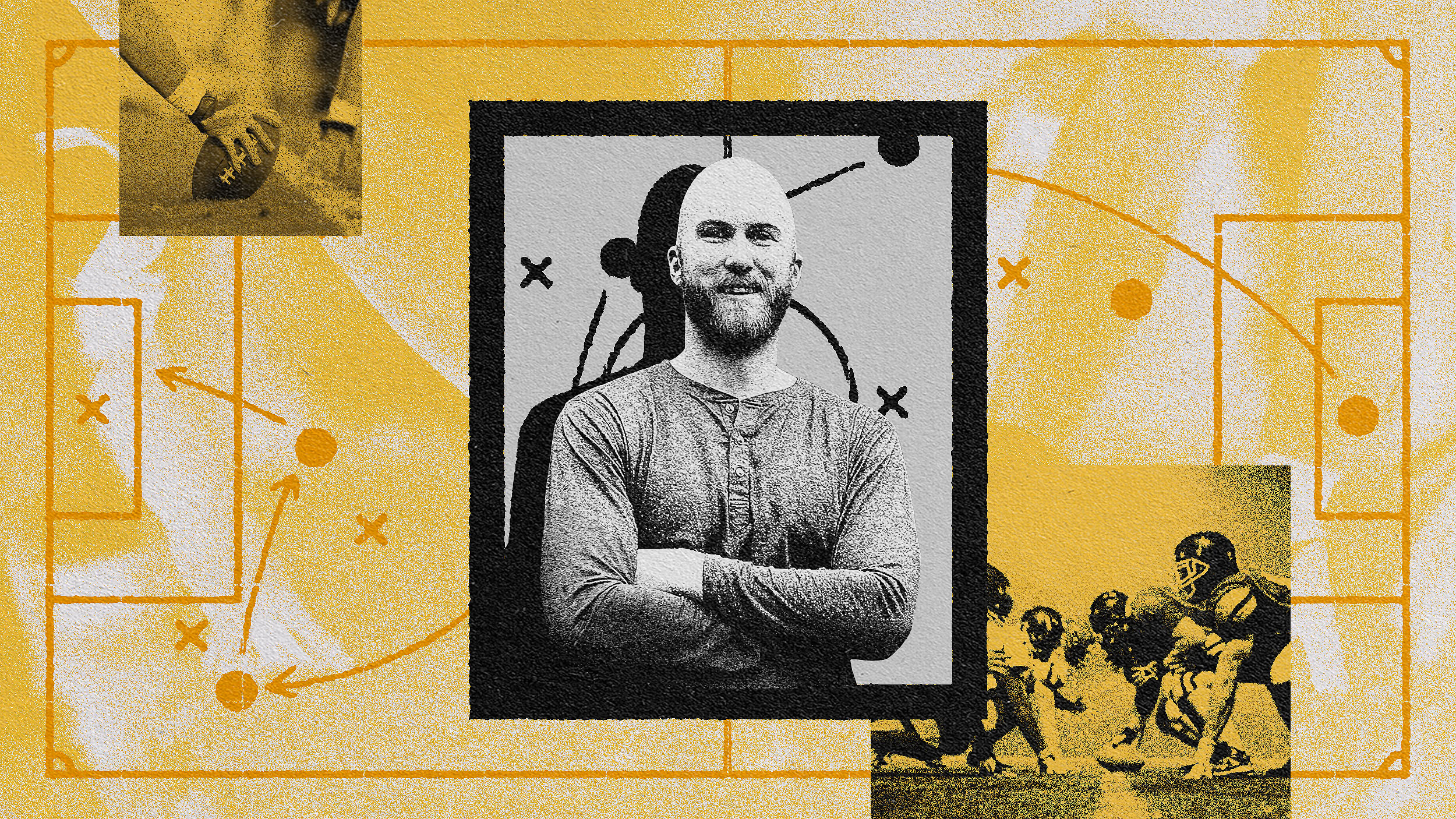This video is part of Z 17 Collective’s Future of Learning series, which asks education thought leaders what learning can and should look like in the midst and wake of the coronavirus pandemic.
CHRIS LEHMAN: There is no reason—or put it this way, there's no justifiable reason that a child who lives on one side of City Line Avenue in Philadelphia is worth $170,000 less than a child born on other side or who lives on the other side of City Line Avenue. And that is literally the aggregate difference, the difference between what is spent on a child's education over their K-12 existence in Philadelphia and to the suburb literally across City Line Avenue. It's around $170,000 over the course of K-12. That's racist. I mean, let's just call it that, right? That's straight racist and when we talk about systems and structures, if I could wave my wand, that's what I would change.
At a moment in time where so many of the prevailing assumptions of America are being called into question is this one. Will we see this question tackled? And I hope so. In the spaces I run in, you do hear it. I also think we're asking a lot of big questions. I think that we're asking questions about universal healthcare. We're asking questions about a universal basic income. We're asking questions about reparations. We're asking questions about the role of police in our society. America is in a moment of reckoning and how we educate our kids and whose kids benefit and whose kids are valued in the way that we spend the money. I think we have to have those conversations. And we have to have more than conversations, we have to have action. It is time to say that local property taxes cannot be the primary driver of school funding. It's inherently inequitable and, of course, in America when you say the word inequity you are almost guaranteed that that will involve race. I probably should remove the word almost. You're guaranteed that that will involve race.
So it is racially inequitable, it is socioeconomically inequitable and it's a parental meritocracy. If your parents made a lot of money, the public will spend more money on your education than if your parents do not. That is the most anti-American thing— if we go with our best ideals, what we say that we're about, even when we fall far short of that—that's one of the most anti-American things I can imagine. It's not just funding. It's how we teach. It is: How do we think about leveraging pedagogy, leveraging the structure of school, to be deliberately anti-racist and more equitable? And that is everything; that is the curriculum we teach, so it's telling the truth about the American experience and the way we teach American history. And you're seeing that, I think, there's a lot of schools that have for a very long time made sure that we were teaching 'Lies My Teacher Told Me' or Howard Zinn or what have you, but now you have Dr. Kendi's work 'Stamped' which I think will become much more prevalent. But I think it's not just social studies. It's across the curriculum. It's making sure that a curriculum isn't whitewashed. And then it's also the pedagogy of how we teach. Again, that notion of an inquiry-driven, student-centered, project-based approach that really values the life experience of the kids that we teach. You create a really different vision of school, and I think that's really, really important and I think it's what we need.





